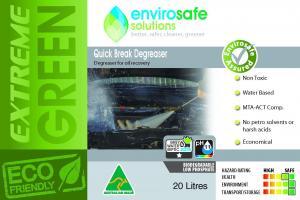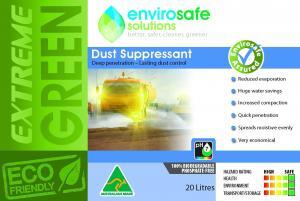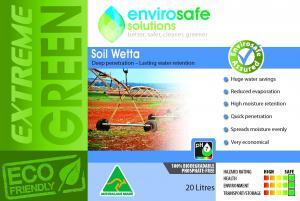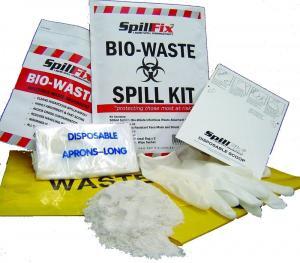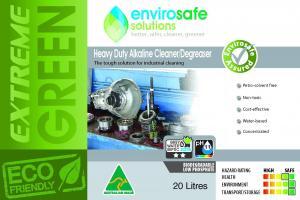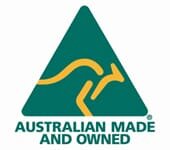Australia is an amazing place, populated by amazing people. One group of concerned individuals – scientists and business people and economists in fact – have banded together to form an independent organisation of “concerned individuals with conservation interests. They are now known as “The Wentworth Group of Concerned Scientists.”[1]
History
The group was formed in 2002, and since then has been an instigator for change and spotlighting of various groundbreaking new approaches to land and water management in Australia. Their first major statement at that time was called Blueprint for a Living Continent and set out major issues some of which include:
- Restoration of environmental flows to stressed rivers
- Clarification of water property rights
- The end of broadscale land clearing of remnant native vegetation
- Paying farmers for environmental services (clean water, fresh air, healthy soils)
Its members comprise such notables as Dr Neil Byron, Professor Tim Flannery, Dr. Ronnie Harding and Professor David Kelly. It maintains that its three core objectives form the backbone of its approach and ideas in relation to the environment and Australia. These comprise:
- Driving innovation in the management of Australia’s land, water and marine resources
- Engage business and political and even community leader in conversation to source and also to implement solutions for the Australian environment
- Build capacity in Australia by mentoring young scientists, lawyers and economists to develop their skills and their understanding of public policy[2]

To date, the interdisciplinary body has delivered 8 seminal blueprints that have motivated various state and federal governments to act on such issues as a national water plan, a new model for landscape conservation, the need for optimizing carbon in the Australian landscape and the need for sustainable diversions in the Murray-Darling basin.
One of the most distinct and exciting aspects of the Wentworth group is the firm commitment to a Science and Mentoring and Master Class program to “enhance the ability of students, scientists and economists to engage in public policy on the future of our land, water and marine resources.”[3]Participants in these particular programs are given access and opportunity to work one-to-one with various members of the Wentworth Group so that they can apply their knowledge later on, to various public policy outcomes. This program is viewed as a symbiotic one, with a two way interrelationship, whereby the Wentworth Group members also experience the chance to learn about leading-edge research and in-the-field issues from the visiting participants.
The group also offers a series of scholarships with the aim to help young scientists understand the need to pull together both science and public policy issues in order to ensure that their research has relevance and potential for future decision making and science at a world class level.
With the Wentworth group, Australia can at least be partially assured against the mass migration of its young scientists overseas, as has been the case for many years. Traditionally, the opportunity for scientists in Australia has been fairly limited, as Peter Doherty, Australian scientist and Nobel Laureate has stated. “America for example,” he says, “simply spends a lot more on research than Australia does,” and this issue has led to the Australian brain drain, as it is now known.[4] Certainly, the opportunities posed and presented by The Wentworth Group go some way in attempting to stem the flow, by attracting Australia’s young environmental scientists and thinkers to stay at home and develop their research and public policy approaches here, as opposed to overseas.
Envirosafe Solutions supports the work of groups such as the Wentworth Group, who are leading the way forward in the development of excellent environmental research and stellar opportunities for young Australian scientists.
Telephone Envirosafe Solutions to learn more about their eco-friendly products, on 1300 88 90 70.
[1] http://www.wentworthgroup.org/about-us
[2] Ibid.
[3] Ibid
[4] Australian scientists overseas.









